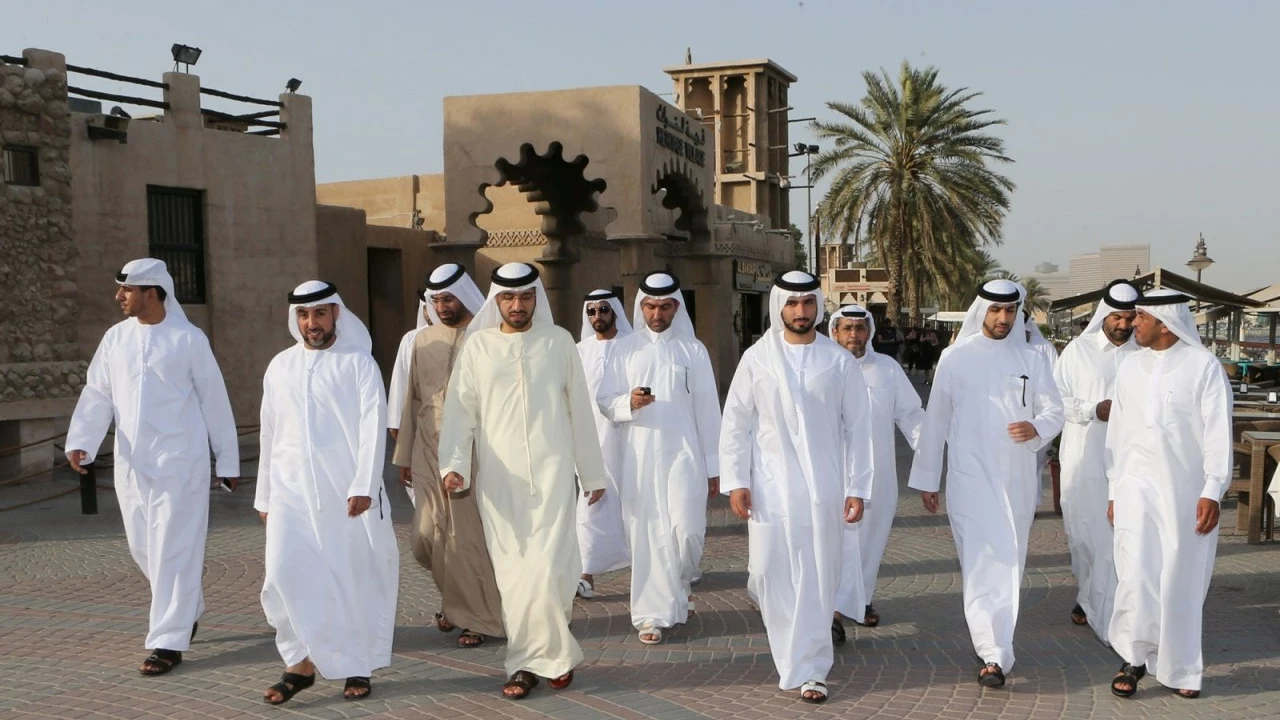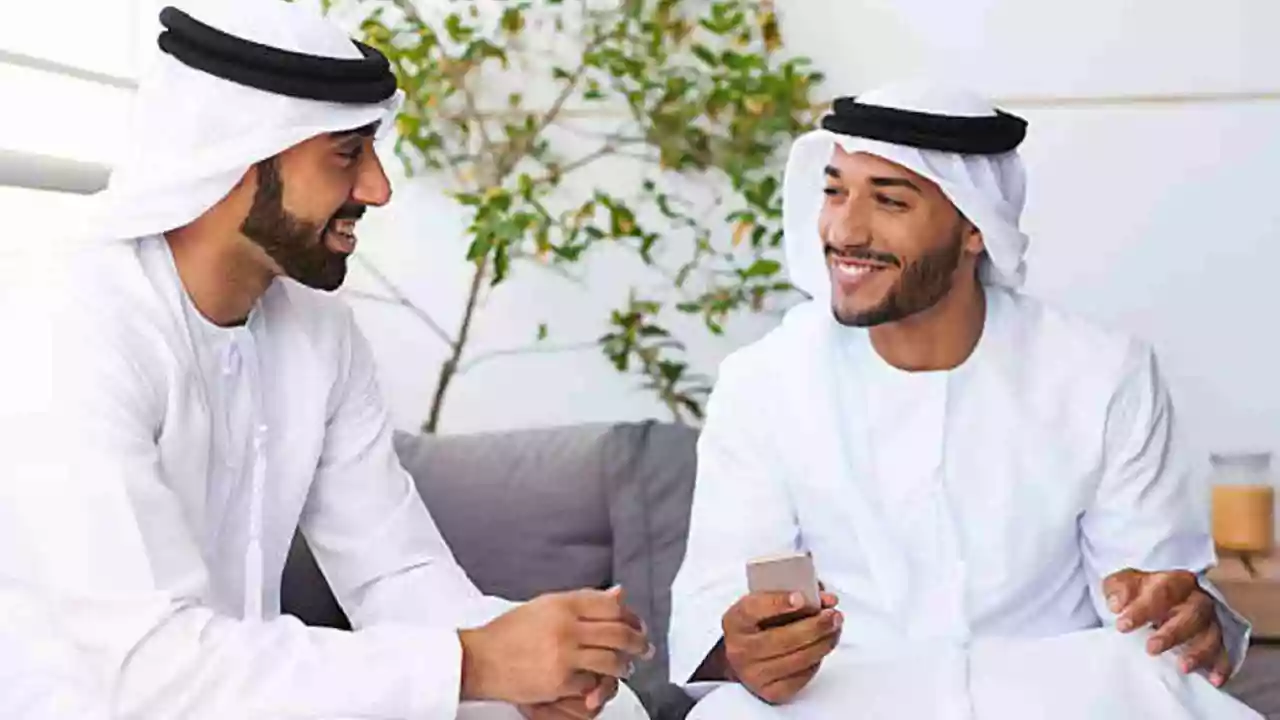Archive: 2023/07

- Jul 31, 2023
- Kareem El-Amin
- 0 Comments
Is it offensive for a foreigner to wear a Kandura in the UAE?
In my latest blog, I've attempted to unravel the complexities of whether it's offensive or not for a foreigner to don a Kandura in the UAE. Here's a spoiler alert - it's not! Turns out, Emiratis are pretty chill about sharing their fashion. They see it as a sign of respect and appreciation for their culture. So, next time you're in the UAE, feel free to rock a Kandura, just don't forget to style it with a smile and maybe a camel or two for the full effect!

- Jul 28, 2023
- Kareem El-Amin
- 0 Comments
Why do Arabs hang white piece of cloth on their heads?
Ever wondered why Arabs rock that cool, white piece of cloth on their heads? Well, it's about a lot more than just fashion, folks! This headgear, known as a 'Ghutrah' or 'Shemagh,' is a traditional symbol of Arab culture that serves as a sun and sand shield in harsh desert conditions. Now that's what I call a practical fashion statement! So next time you see an Arab man with a white cloth on his head, remember, it's not just about making a style statement, but it's a nod to their rich culture and, of course, an ingenious way to beat the desert heat!

- Jul 22, 2023
- Kareem El-Amin
- 0 Comments
What do Saudis wear under their thawb/qamis?
In my exploration of Saudi Arabian culture, I've looked into what Saudis wear under their traditional attire, the Thawb or Qamis. To my surprise, it varies! Some people wear nothing underneath, enjoying the lightness and comfort of the garment. Others prefer to wear underwear or even full sets of western-style clothing. So, it seems it's all about personal comfort and preference!

- Jul 18, 2023
- Kareem El-Amin
- 0 Comments
As a Muslim woman, what do you feel about polygamy?
As a Muslim woman, my feelings about polygamy are complex and nuanced. While I understand its historical and religious context within Islam, I also grapple with its potential for misuse and inequality. I believe that it's essential for any polygamous relationship to be based on mutual consent, respect, and fairness. However, I am also aware that not all polygamous marriages uphold these values. Ultimately, I advocate for the rights of all women to make informed, free choices about their marital status.